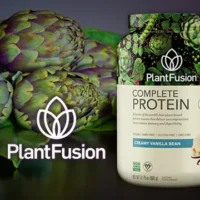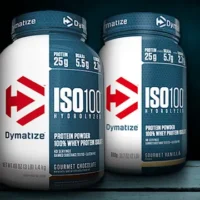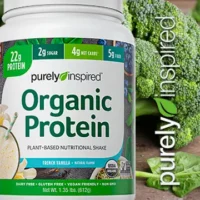IngredientsProtein ingredient glossary.
AspartameAPM, N-(L-alpha-Aspartyl)-L-phenylalanine 1-methyl ester
Aspartame is a low-calorie artificial sweetener that is commonly used as an ingredient in protein powders, diet sodas, and other food and beverage products. It is made up of two amino acids, phenylalanine and aspartic acid, and is approximately 200 times sweeter than sugar.
Aspartame is generally considered safe for consumption and has been approved for use by several regulatory agencies, including the U.S. Food and Drug Administration (FDA).
However, there have been some studies that suggest a potential link between aspartame consumption and certain health issues, such as headaches, seizures, and cancer. However, the vast majority of studies conducted on aspartame have found no such association, and the safety of aspartame has been reaffirmed by numerous scientific reviews and meta-analyses.
Individuals with a rare genetic disorder called phenylketonuria (PKU) should avoid consuming aspartame, as their bodies are unable to metabolize phenylalanine, one of the amino acids in aspartame. It is also important to note that aspartame may break down into its component amino acids when heated, so it is not suitable for use in baking or cooking at high temperatures.
We are a participant in the Amazon Services LLC Associates Program, an affiliate advertising program designed to provide a means for us to earn fees by linking to Amazon.com and affiliated sites.




